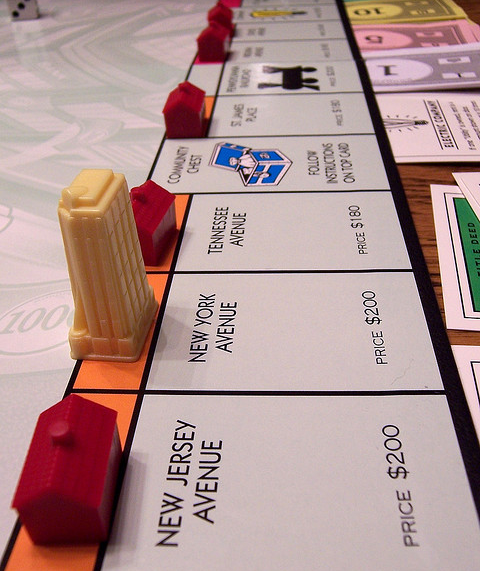If you have ever rented a property, you will know all too well the stress of trying to obtain the return of your deposit. For some reason, landlords seem to believe that this is free cash that they don’t have to return to you. Of course, this is not true. If you are having difficulty in getting your landlord to return your money, do not despair. This guide will give you practical, and helpful, information on how to obtain your deposit:
Contracts
Ensure that you have met the terms of the contract. If you have damaged the property, or you are in rent arrears, you may not be entitled to the return of your deposit. Check your contract. Undoubtedly, the contract will have a wear and tear clause. Many landlords will use this to their advantage and state that you have destroyed the house beyond wear and tear, even if you haven’t. They push the legality of wear and tear to such an extent that it is as if you have been expected to float around the property for the entirety of your lease. It is imperative that you take photos when you move into a property, so that you have a record that you have looked after the house and to determine the state of it when you moved in and can act as proof in the event that you need.
Preliminary Inspections
Should you choose to, invite your landlord round a month before you are due to leave the property. This should give them the perfect opportunity to tell you if there are any issues with the house. If there are issues, you can put them right and ensure that you receive your deposit at the end of the contract.

Tenancy Deposit Schemes
If your landlord is refusing to return your deposit, and they have no grounds to do so, it may be worth asking if they have protected it in a Tenancy Deposit Scheme. This is a legal requirement, so if they have failed to protect your deposit you may be entitled to three times the value of the deposit in compensation costs and other associated fees. Get your tenancy deposit back by ensuring that your landlord has followed due processes and protocols. If they haven’t, you have solid grounds to take them to court in order to obtain your money. Getting back your deposit can be difficult, but usually the threat of court is enough to deter even the most hardened of landlords. They don’t want their reputation tarnished, nor do they want to have to pay more money than is due. The costs for taking someone to court are usually very low, but the landlord will pay your court costs should you win. Obtaining your money from your ex-landlord can be difficult, and the thought of going to court can be daunting, however, you do have rights as a tenant that many people seem to forget. Ensure that you get what is rightfully yours. Seek the advice of a reputable tenant deposit consultant should you need more information.






